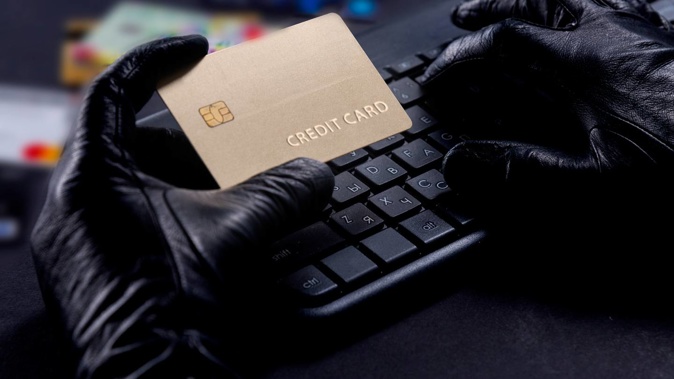
Scammers and imposters are targeting Kiwis with direct approaches on Facebook in an elaborate NZ Superannuation Fund con.
The NZ Super Fund today issued details of the scam and warned people to watch out for the online charlatans.
"We are aware of two incidents," said Mark Fennell, a general manager at Guardians, the Crown entity managing the Super Fund.
"In the first of these, direct approaches were made to an individual via Facebook, in which the scammers, using fake names and images, solicited investments in the name of the Fund.
"Unfortunately, this individual lost money as a result of this fraud."
And another incident involved people enticing a victim with cryptocurrency investments ostensibly in the name of the NZ Super Fund.
Fennell said the Super Fund did not and had never offered investments of any sort to individuals, and did not trade cryptocurrency investments.
He said anybody approached directly and offered investments by an organisation or person claiming to represent the Super Fund should not engage with the scammers.
"You should immediately notify the Financial Markets Authority, Consumer Protection, CERT or Netsafe of the approach, or go to the police if you are reporting a criminal act."
He said online crooks could be persistent, sophisticated and brazen.
- Blackmail targets 'naive' victims on NZ social media
- Scam text messages referring to cost of living payment reported to Cert NZ
Fennell said the Guardians successfully had the fake Facebook profiles removed.
He said the Guardians were advising complainants on how to report the scam to banks and NZ Police, and had strengthened monitoring processes.
He added: "Our website includes a clear statement on the fact that we do not manage people's savings or investments."
People should ignore uninvited investment offers, Fennell said.
He urged people to use licensed or registered financial service providers when investing.
These credentials could be verified by checking the provider was listed on the Financial Service Providers Register (FSPR).
Fennell said anybody who had already been scammed should cease contact with scammers, make no payment, and contact the bank through which any money was sent to scammers.
Take your Radio, Podcasts and Music with you









